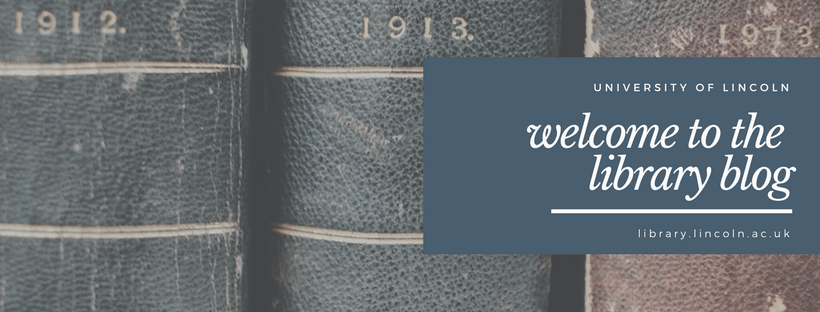This year has been the first year the University of Lincoln Library has participated in Erasmus+ International Staff Training Week programmes for librarians. It’s been absolutely wonderful to read and hear about the fantastic experiences my colleagues Oonagh and Ella had on their staff exchange trips! This is the third and final post in our series about GCW librarians’ experiences of Erasmus programmes around Europe.
Introduction
My Erasmus programme, ‘Libraries on the Move: Innovating Services for Research, Learning, and Publishing’, took place at the Freie Universität Berlin, a large and prestigious research university, with 11 departments, around 38,000 students and 336 professors. The Freie Universität (Free University) was founded in 1948 by students and staff who felt they could not learn and teach as they wished in the Soviet sector of the city. The programme consisted of a general day of introduction, three days of sessions and activities specific to the four international programmes running concurrently (libraries, career services, personnel development, and internationalisation), and a final morning of wrap-up and goodbye. It was an extraordinary week and I am delighted to share it with you.
Welcome: 17 June 2019
Tucked away in one of the university buildings on Otto-von-Stimson Straβe is the Ristorante Galileo, where all participants in the international programme were treated to a welcome and an excellent lunch. Dr Herbet Grieshop, head of the Office of International Affairs, introduced us to the international scope of the Freie Universität. I was impressed by the way the university prioritises the internationalisation of non-academic staff, providing them with a package of training and external activities including intercultural training, language instruction, and staff exchanges which leads to a certificate and formal recognition by the university. Continue reading “Libraries on the Move: Innovating Services for Research, Learning, and Publishing”
